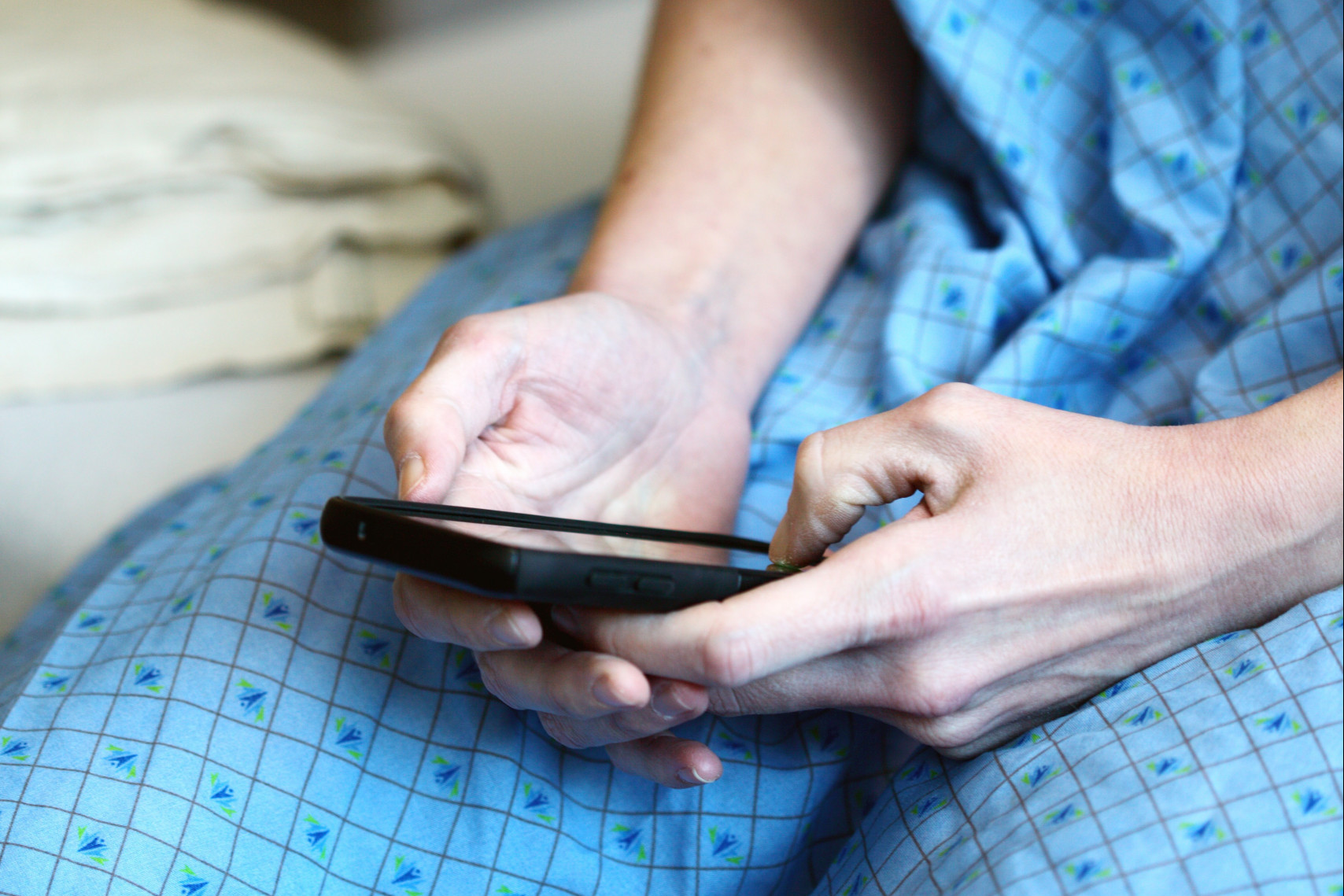The Impact of Eating Disorders on Fertility
From bulimia to binge eating, around 1.25 million British people have an eating disorder (ED). Despite its prevalence, it’s still one of the most misunderstood diseases in the world, with stereotypes and stigmas causing plenty of confusion. Did you know, for example, that an eating disorder could cause problems when trying to get pregnant? It’s one of the lesser talked about impacts of EDs but one that can have huge mental health implications, making it vital you learn about it if you or someone you know is suffering.
Can an Eating Disorder Cause Fertility Problems?
Everything in the body is connected. Your mind, nervous system, mental health, and organs; it’s all part of a larger overarching system. Throw one thing out of whack, and the repercussions can often be seen around the body. Eating disorders aren’t an exception, and when you drastically change the number of calories you’re eating, your fertility can feel the impact.
All eating disorders currently medically acknowledged are known to have a potential impact on your chances of getting pregnant. This doesn’t mean that they definitely will, but that they can.
How Do Eating Disorders Affect Fertility?
Both men and women can encounter fertility issues when suffering from an eating disorder. Here are the most common ways that your ED could affect your pregnancy chances:
EDs and Ovulation
Women with eating disorders who are losing weight, such as those suffering from anorexia and bulimia, may see their menstrual cycles change. Periods can become random, skipping months between bleeding, and your cycle can be thrown out of whack. For some women who lose too much weight, their periods can stop completely, with ovulation coming to a complete halt.
This is an incredibly common symptom of anorexia in particular. Between 70-90% of women with anorexia reported that their period stopped for at least three months, a sign that pregnancy isn’t an option at that moment in time. This happens when levels of the hormone leptin decrease in the body as you lose weight, which leads to the production of hormones that are necessary for ovulation to stop completely. Until your weight increases again, this change can be permanent.
EDs and Sperm Count
Weight changes also affect fertility in men. Men with anorexia and bulimia can fall far below a healthy BMI, which has been proven to affect semen quality and sperm count and reduce your chances of falling pregnant as a couple. It’s also incredibly common for obese men to see their sperm count and quality decrease.
Over-Exercising and Fertility Issues
Some people with EDs will over-exercise compulsively. Whilst normal levels of exercise can help you become pregnant, too much vigorous running and working out can have the opposite effect, leading to fertility problems.
For men, studies show that the heat from excessive exercise, as well as tight gym clothing, can kill sperm and reduce the quality of the remaining swimmers, slowing them down to concerning levels. Pair this with excess stress hormones, improper nutrition, and chronic inflammation, and it’s a recipe for fertility disaster.
For women, it’s a similar outlook. Overexercise due to an eating disorder can cause bad nutrition, weight loss, an increase in stress hormones, and the suppression of hormones that are essential for pregnancy, all of which lead to conception problems.
Are Fertility Problems Caused by EDs Permanent?
The good news is that fertility problems caused by eating disorders aren’t always permanent, and you won’t be infertile forever. Even if your period has stopped or your sperm count is low, it’s not the end of the road! Any fertility clinic will tell you that if you can recover from your ED, there’s still a good chance that you or your partner can become pregnant.
Once you’ve recovered from an eating disorder, your chances of conceiving should be the same as someone who’s never had one. One UK study found that over the first six months of trying to conceive, there was an equal possibility of falling pregnant for past sufferers of anorexia/bulimia and those without a past ED. However, if your BMI remains low after recovering from an eating disorder, you may experience some problems and should always consult a doctor before attempting to conceive.
What Happens If You Fall Pregnant With an ED?
Any medical professional will recommend that you focus on recovery before trying to get pregnant. This isn’t just to do with mental health or trying to conceive, but the health implications if you do become pregnant.
Many people with an eating disorder will be malnourished. The strain that pregnancy puts on the body isn’t going to make this any easier, and you could run into a number of problems along the way. Women with EDs who fall pregnant also report more miscarriages, which can be an added burden to their mental health.
Though not scientifically conclusive, there’s also evidence that women with anorexia are more likely to have babies with low birth weights. Low birth weight has been associated with increases in infant mortality and health problems in later life, making this a serious concern.
Final Words
If you have an eating disorder and want to conceive, or you know someone who does, it’s vital you/they receive professional help to kickstart your recovery first. Not only will this make it easier to fall pregnant, but it’ll also make it safer for both mother and baby. Remember, reaching out for help is a sign of great strength, and we’re all behind you on this journey!


